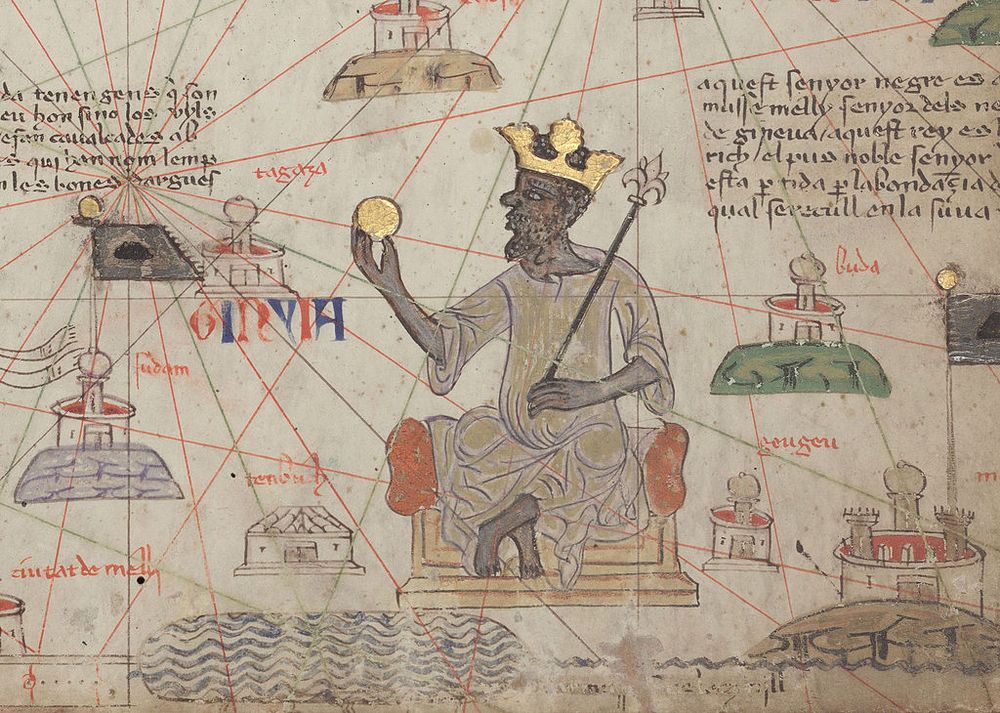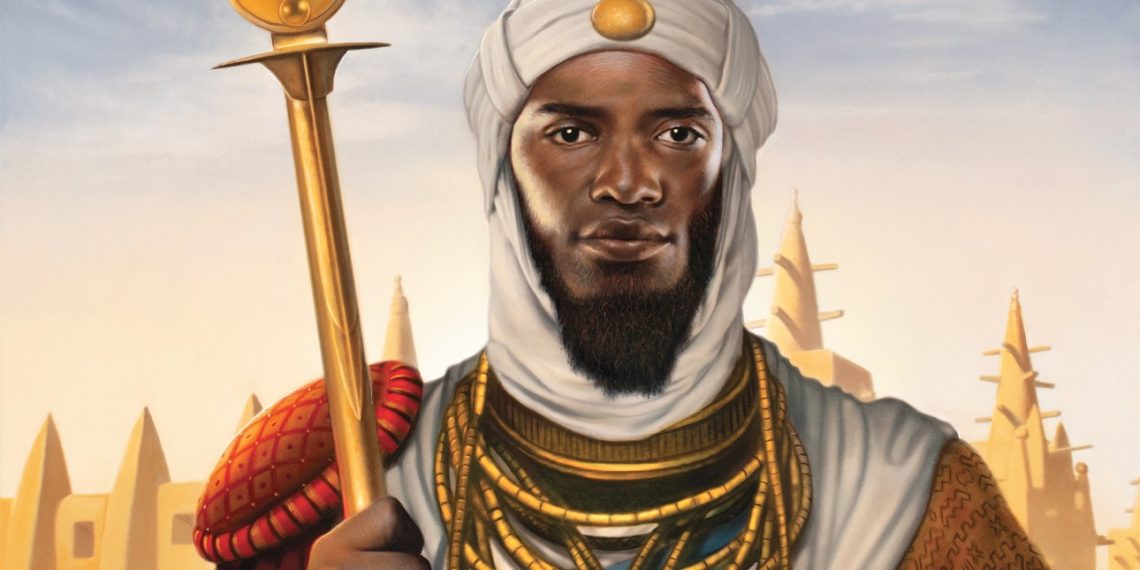Mansa Musa, the tenth Mansa of the Mali Empire, reigned from 1312 to 1337 and is often regarded as one of the wealthiest historical figures. The gold-producing empire of Mali was at its peak during his rule. Adjusted for inflation, his wealth is estimated to be equivalent to $400 billion in modern terms, a staggering fortune.
Born in 1280, Mansa Musa became the 10th ruler of the Mali Empire after being appointed deputy to Abubakari II. Musa took over the throne after Abubakari’s mysterious disappearance. A devout Muslim, Mansa Musa embarked on a famous pilgrimage to Mecca in 1324 with a retinue of 60,000 men, 12,000 slaves, and vast amounts of gold. This journey highlighted his incredible wealth and generosity.
In terms of wealth, Mansa Musa is widely considered to have been the richest person in history. His net worth of $400 billion surpasses that of modern billionaires, including Elon Musk ($340 billion) and John D. Rockefeller ($340 billion), once adjusted for inflation. His extraordinary fortune came largely from Mali’s vast gold reserves.
Much of Mansa Musa’s family history is known through Arab scholars such as Al-Umari, Ibn Battuta, and Ibn Khaldun. His grandfather, Abu-Bakr Keita, was the nephew of Sundiata Keita, the founder of the Mali Empire. Neither Musa’s father nor grandfather ascended to the throne, with Musa becoming king after Abubakari’s disappearance.

Musa’s pilgrimage to Mecca was a legendary journey, covering 2,700 miles. His entourage included thousands of men, slaves, and camels laden with gold. Along the way, Musa distributed gold to the poor, built mosques, and traded gold in cities like Cairo. His lavish generosity unintentionally caused gold to lose its value in these regions, prompting him to borrow gold at high interest rates to stabilize the situation.
Mansa Musa’s wealth was not only shown during his pilgrimage but also through his extensive building projects. He constructed mosques and madrasas across his empire, including the famous Sankore Madrasah in Timbuktu, which became a renowned center for learning. He expanded the Mali Empire, incorporating Timbuktu and Gao, which became important cultural and trade hubs.
Musa’s reign is remembered as Mali’s golden age, marked by remarkable advancements in education, architecture, and Islamic scholarship. During his rule, the University of Sankore amassed one of the largest libraries of manuscripts in the world, rivaling the famous Library of Alexandria.
The exact date of Mansa Musa’s death is uncertain, with scholars debating whether he passed away in 1332 or 1337. After his reign, the Mali Empire entered a period of decline. Musa’s influence has extended beyond history into popular culture, with appearances in video games like “Civilization IV” and the “Epic Rap Battles of History.” His legacy continues to be inspired through modern references in music and media.





